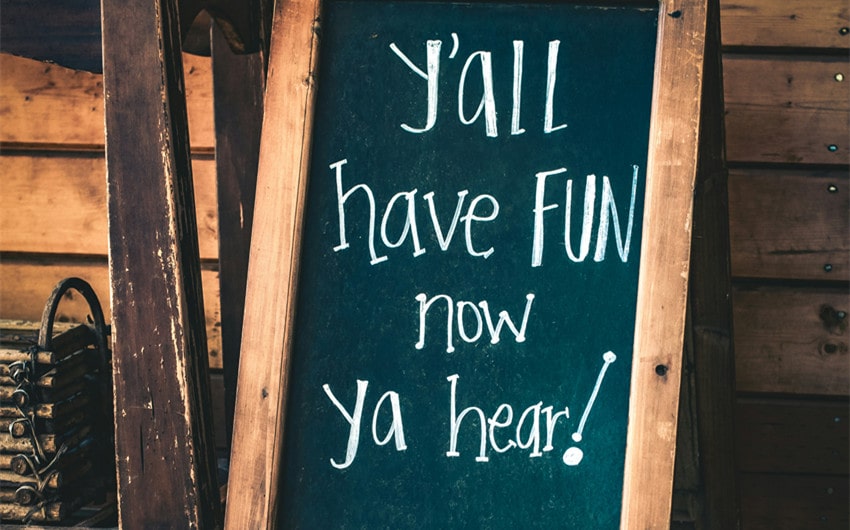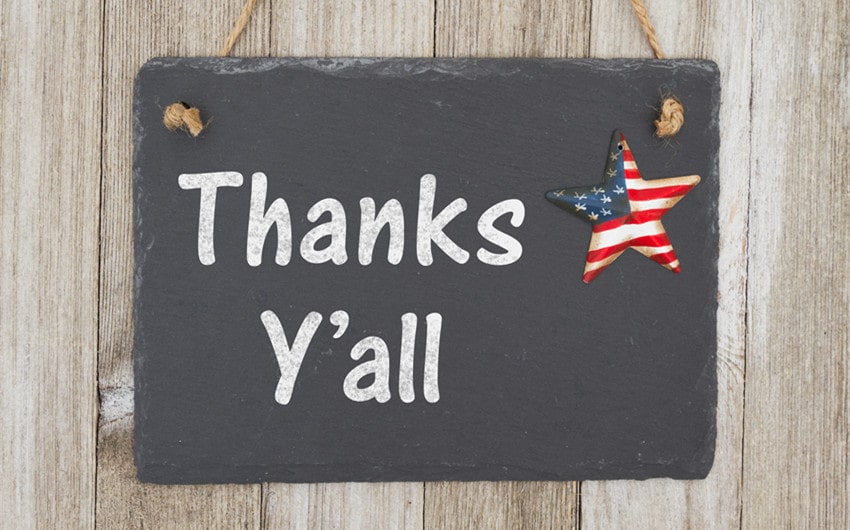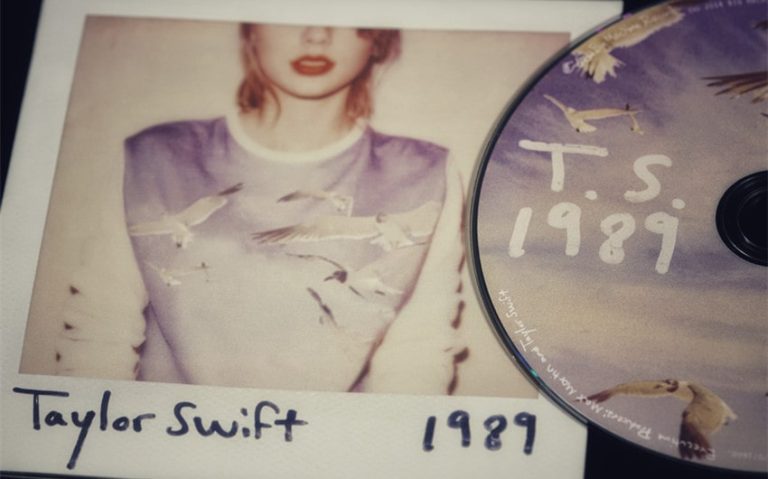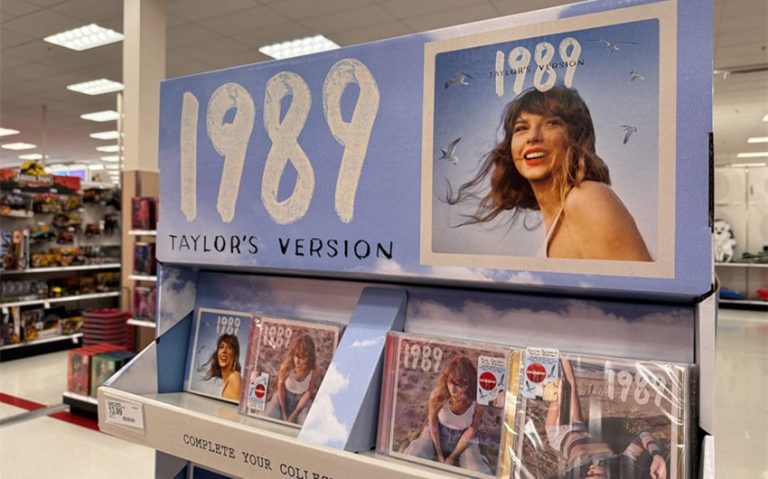Southern Words vs. Northern Words: Fun Vocabulary Differences
Language in the United States varies greatly from region to region, making conversations unique and interesting. In this article, we explore southern words vs. northern words to uncover the charming differences in vocabulary.
These regional dialects reflect the rich cultural history and identity of each area. Whether you’re from the South, the North, or just curious, discovering these linguistic quirks can be both fun and enlightening. Let’s dive into the delightful world of Southern and Northern expressions!
Southern Words vs. Northern Words

Regional dialects in the United States are rich with unique expressions and terminology. Here’s a closer look at some popular Southern words and phrases compared to their Northern counterparts.
1. Y’all vs. You Guys
Southern: “Y’all” is a quintessential Southern word, used to address a group of people. It is a contraction of “you all” and is commonly used in both casual and formal settings. For example, a Southerner might say, “Are y’all coming to the party?” This term is deeply ingrained in Southern culture and is a friendly, inclusive way to refer to multiple people.
Northern: In the North, “you guys” is the more common term used to address a group of people. It’s used similarly in both casual and formal conversations. For instance, a Northerner might say, “Are you guys coming to the party?” While it serves the same function as “y’all,” it lacks the distinct Southern charm and informality.
2. Fixin’ To vs. About To
Southern: “Fixin’ to” is a Southern phrase that means getting ready to do something. It indicates an immediate intention to perform an action. For example, a Southerner might say, “I’m fixin’ to make dinner.” This phrase reflects the Southern dialect’s unique flair and adds a relaxed, laid-back feeling to the conversation.
Northern: In the North, people would typically say “about to” when indicating they are on the verge of doing something. For example, “I’m about to make dinner.” This expression is straightforward and direct, reflecting the more succinct Northern communication style.
3. Coke vs. Soda/Pop
Southern: In many parts of the South, “Coke” is used as a generic term for any soft drink, regardless of the brand. This can sometimes confuse those unfamiliar with this usage. For example, “What kind of Coke do you want?” could be asking about any type of soda, not just Coca-Cola.
Northern: In the North, the term for a carbonated soft drink varies, with “soda” being common in the Northeast and “pop” being used in the Midwest. For example, “What kind of soda do you want?” or “What kind of pop do you want?” These terms are more specific and avoid the brand-based generalization found in the South.
4. Bless Your Heart vs. Good for You
Southern: “Bless your heart” is a versatile Southern phrase that can be used genuinely to express sympathy or sarcastically to convey condescension. The context and tone are crucial in determining the intended meaning. For example, “Oh, you tried your best. Bless your heart.”
Northern: Northerners might simply say, “Good for you,” which is straightforward and typically genuine. For instance, “You tried your best. Good for you.” This phrase lacks the layered meaning and nuance of “bless your heart,” making it more direct and less open to interpretation.
5. Buggy vs. Shopping Cart
Southern: “Buggy” is the term used in the South for a shopping cart. This word adds a quaint, regional charm to the task of grocery shopping. For example, “Grab a buggy when you go into the store.”
Northern: In the North, people typically call it a “shopping cart.” This term is more descriptive and widely understood across different regions. For example, “Grab a shopping cart when you go into the store.”
6. Pocketbook vs. Purse
Southern: In the South, “pocketbook” refers to a woman’s handbag. It’s a term that’s still widely used and cherished. For example, “I left my keys in my pocketbook.”
Northern: Northerners usually say “purse” when referring to a woman’s handbag. This term is more straightforward and universally understood. For example, “I left my keys in my purse.”
7. Toboggan vs. Beanie
Southern: In the South, “toboggan” refers to a knit cap worn in winter, not to be confused with the sled. For example, “It’s cold outside, better wear your toboggan.”
Northern: In the North, this winter hat is called a “beanie.” For example, “It’s cold outside, better wear your beanie.” This distinction avoids confusion with the sled of the same name.
8. Bug vs. Annoy
Southern: In the South, “bug” means to annoy or bother someone. It’s a playful term that reflects the region’s informal speech patterns. For example, “Stop bugging your sister.”
Northern: Northerners might say “annoy,” which is more direct and formal. For example, “Stop annoying your sister.” This usage is straightforward and unambiguous.
9. Mash vs. Press
Southern: “Mash” means to press something, such as a button. This term adds a bit of regional flavor to everyday actions. For example, “Mash the button to start the machine.”
Northern: In the North, people usually say “press.” For example, “Press the button to start the machine.” This term is clear and universally understood.
10. Cattywampus vs. Crooked
Southern: “Cattywampus” means something is askew or not straight. This word reflects the playful and creative nature of Southern dialect. For example, “That picture is hanging all cattywampus.”
Northern: Northerners would say “crooked,” which is more straightforward and commonly understood. For example, “That picture is hanging crooked.”
11. Tump vs. Spill
Southern: “Tump” means to tip over or spill something. It’s a vivid term that adds color to descriptions of accidents. For example, “Don’t tump over the glass.”
Northern: Northerners typically say “spill,” which is a direct and clear term. For example, “Don’t spill the glass.”
12. Sweeper vs. Vacuum
Southern: “Sweeper” is used in the South to refer to a vacuum cleaner. This term harks back to older, regional terminology. For example, “Can you run the sweeper in the living room?”
Northern: Northerners say “vacuum,” which is the standard and widely recognized term. For example, “Can you vacuum the living room?”
13. Holler vs. Shout
Southern: “Holler” means to yell or shout and is often used in casual conversation. It conveys a sense of urgency or loudness in a folksy manner. For example, “Give me a holler when you’re ready.”
Northern: Northerners say “shout,” which is a straightforward and common term. For example, “Give me a shout when you’re ready.”
14. Dressing vs. Stuffing
Southern: “Dressing” refers to a bread-based side dish often served with turkey, especially in the South. It’s an essential part of Southern cuisine. For example, “The turkey isn’t complete without some dressing.”
Northern: Northerners call it “stuffing,” which is a term more widely used across the country. For example, “The turkey isn’t complete without some stuffing.”
15. Polecat vs. Skunk
Southern: “Polecat” is a term for a skunk in the South. It adds a bit of rustic charm to the conversation. For example, “Watch out for that polecat!”
Northern: Northerners simply say “skunk,” which is direct and clear. For example, “Watch out for that skunk!”
16. Lightning Bug vs. Firefly
Southern: “Lightning bug” refers to the glowing insect commonly seen in the South during summer nights. For example, “Look at all the lightning bugs tonight.”
Northern: Northerners call it a “firefly,” which is a more scientifically accurate term. For example, “Look at all the fireflies tonight.”
17. Fire Ant vs. Red Ant
Southern: “Fire ant” refers to the stinging red ant common in the South. It’s a term that reflects the insect’s painful bite. For example, “Watch out for fire ants in the yard.”
Northern: Northerners might simply call them “red ants,” which is a more general term. For example, “Watch out for red ants in the yard.”
18. Tank Top vs. Sleeveless Shirt
Southern: “Tank top” refers to a sleeveless shirt, commonly worn in hot weather. It’s a casual term used widely in the South. For example, “It’s hot today, so I’m wearing a tank top.”
Northern: Northerners might say “sleeveless shirt,” which is a more descriptive term. For example, “It’s hot today, so I’m wearing a sleeveless shirt.”
19. Clicker vs. Remote
Southern: “Clicker” is a term for a remote control used in the South. It’s an endearing, old-fashioned term. For example, “Hand me the clicker, please.”
Northern: Northerners typically say “remote,” which is a clear and modern term. For example, “Hand me the remote, please.”
20. Nabs vs. Peanut Butter Crackers
Southern: “Nabs” is a term used for peanut butter crackers in the South. It’s a nostalgic term with roots in Southern snack culture. For example, “I packed some nabs for a snack.”
Northern: Northerners would say “peanut butter crackers,” which is a straightforward description. For example, “I packed some peanut butter crackers for a snack.”
21. Pocket Knife vs. Pen Knife
Southern: “Pocket knife” refers to a small, foldable knife commonly carried in the South. It’s a practical tool often used in everyday tasks. For example, “I always carry a pocket knife.”
Northern: Northerners might call it a “pen knife,” which is an older term but still understood. For example, “I always carry a pen knife.”
22. Croaker Sack vs. Burlap Bag
Southern: “Croaker sack” is a term for a burlap bag in the South. It’s a traditional term used in rural areas. For example, “We filled the croaker sack with potatoes.”
Northern: Northerners typically say “burlap bag,” which is a more modern and widely understood term. For example, “We filled the burlap bag with potatoes.”
23. Light Bread vs. White Bread
Southern: “Light bread” is used to refer to white bread in the South. It’s an old-fashioned term still used in some areas. For example, “We need to buy more light bread.”
Northern: Northerners call it “white bread,” which is a straightforward term. For example, “We need to buy more white bread.”







